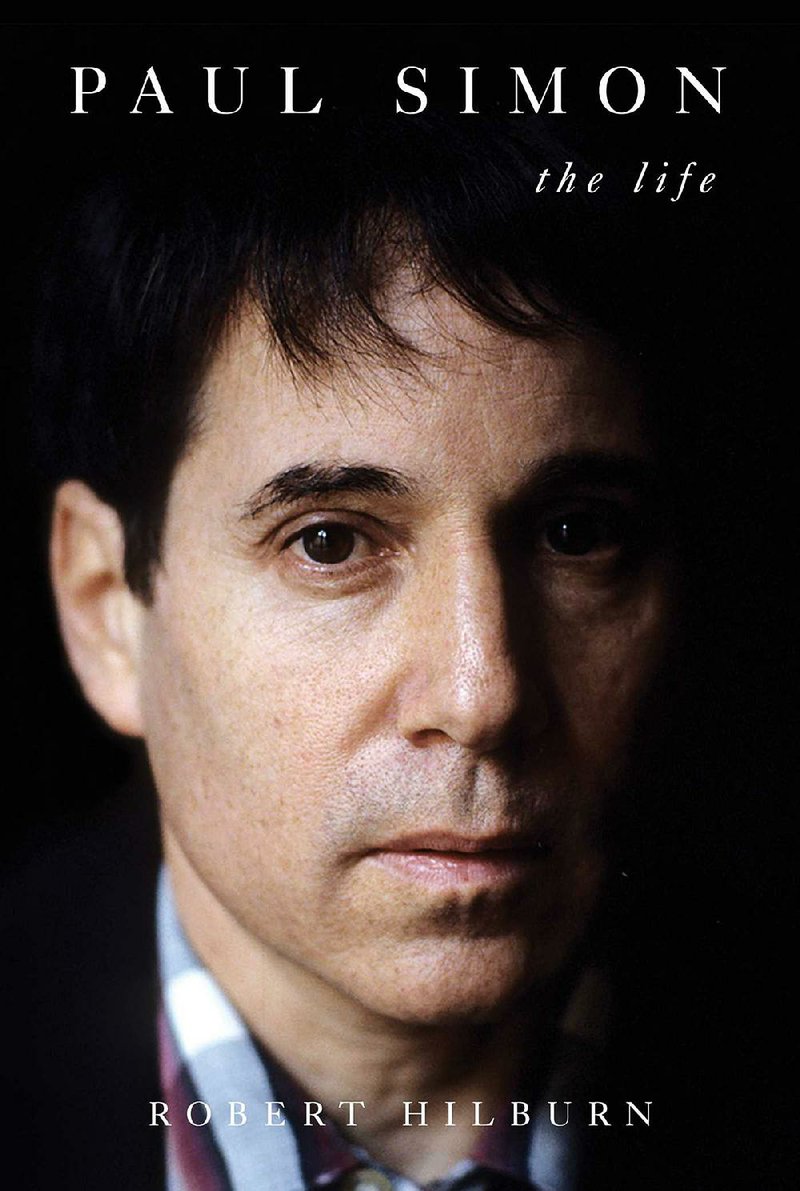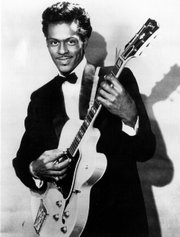It's only words, and words are all
I have to take your heart away.
-- Barry Gibb, "Words"
An argument's entertainment value being roughly inverse to the size of the stakes, let's spend some time thinking about who the best lyricist of the rock 'n' roll era might be.
First, we have to define our terms. So let's consider the era to be from when the first notes of "Rocket 88" rang out on March 3 (or 5, memories vary), 1951, and last Tuesday. And "rock 'n' roll" is the dominant pop music of that period, encompassing various strains of country & western, Americana, soul, deep psychobilly, and reggae, although for purposes of this discussion we're going to arbitrarily exclude hip-hop. (I would read someone else's discussion of the best hip-hop lyricists.)
Second, let's point out that the spore of this column wafted over from a friend's Facebook page, where he asked an oddly specific question about the relative rankings of Paul Simon, Van Morrison, Ray Davies and Leonard Cohen songwriterwise. Misunderstanding the question, I didn't immediately grasp that he wasn't asking for us to name the best songwriter in rock history and posted an equivocal comment to the effect that Simon was the best lyricist, but being the best lyricist didn't necessarily make him the best songwriter.
And, as it goes on the Internet, another friend immediately accused me of being "dismissive" of Simon in my post, because he wasn't just a great lyricist but "his understanding of melody and song structure is superlative." Which I don't dispute. I once wrote a couple thousand words arguing that critics who tend to approach Simon's work as English Lit. are missing the point. (See "The Trouble With Troubadours," Arkansas Democrat-Gazette, Oct. 20, 2002.)
All I meant was that while I couldn't say Simon was the best songwriter of all time, because of Brian Wilson, Carole King, Townes Van Zandt, Lennon/McCartney, Jagger/Richard et. al (I wasn't just comparing him to the other three mentioned in the post but to the universe of rock songwriters save Bob Dylan, who was exempted from the discussion by the original poster), I was willing to say he was the best rock lyricist of all time.
But, on reflection, am I really willing to say that?
Simon has been on my mind a lot lately, given that he announced his retirement from touring earlier this year and is the subject of a big Robert Hilburn biography titled Paul Simon: The Life (Simon & Schuster, $30). Also, Graceland: The Remixes (Legacy/SME), featuring re-imaginings of the 1986 album's tracks by Paul Oakenfold, Groove Armada, Photek, Thievery Corporation and the like was released June 1.
While my first instinct was to call Simon rock's best lyricist, I realize that to do that I'd have to forgive a lot of Steph Curry-soft pawble mawble from the Simon & Garfunkel days. Anything before "The Sounds of Silence," which itself is a more like a precocious high schooler's effort (though Simon, who has not always presented as particularly lovable or self-effacing, has said he hears echoes of "Camus in there") sounds like juvenalia compared to most of his solo work.
And while I don't mind 1980's "Cars Are Cars," it's often trotted out as a notoriously bad lyric. All I dislike about the song is the dated drum-machine programming. The Capeman wasn't as horrible as all that (I used to serenade my dogs with the lines from "Adios Hermanos": The electric chair/ For the greasy pair/ Said the judge to the court reporter.)
Still, at his best, Simon gave us "Mrs. Robinson," "Graceland," "The Boy in the Bubble" and "Hearts and Bones." Those four make a strong argument. They're all wised up, conversational and (this is important) relatively easy to sing. They scan.
But then I think about Chuck Berry's Promethean genius for greasy-kid-stuff jingles and decide he is, like Dylan, sui generis, and deserves his own category. Nobody wrote slick, good-naturedly cynical lyrics like Chuck Berry. If you believe a certain earnest capitalism is the engine driving American greatness, then C.B. is your man.
In the other corner we have Old Bob, out of Walt Whitman and Andre Breton, whom David Geffen claimed was really into his money too. Either you buy in, or you think it's all a hoax. But it's no fun arguing.
Or would you take Joni Mitchell's concrete imagery (From "Carey": The wind is in from Africa, last night I couldn't sleep/ Oh, you know it sure is hard to leave here Carey, but it's really not my home/ My fingernails are filthy, I got beach tar on my feet/ And I miss my clean white linen and my fancy French cologne) over Elvis Costello's "American Without Tears" (At a dock in Southampton full of tearful goodbyes/ Newsreel commentators said "Cheerio, G.I. brides"/ Soon they'll be finding the cold facts and lies/ New words for suspenders and young girls' backsides)?
Jackson Brown has been known to strain a metaphor and torture a rhyme, but there's a stateliness to even his most overheated work -- "The Pretender," which includes his notoriously bad "ice cream vendor/legal tender" rhyme, is redeemed by one of the most honest and eviscerating couplets in pop music history: I'm gonna find myself a girl/Who can show me what laughter means/ And we'll fill in the missing colors/ In each other's paint-by-number dreams/ And then we'll put our dark glasses on/ And we'll make love until our strength is gone/ And when the morning light comes streaming in/ We'll get up and do it again.
And for all its slouching toward poesy, "Fountain of Sorrow" is still one damn song that can make me cry.
For sheer quantity (and quality control) you have to consider Bruce Springsteen, who might be underrated as a lyricist. See Tunnel of Love. (Heck, see Lucky Town -- even his average stuff is pretty good. It's not his fault his fans behave that way.) Richard Thompson has a similarly deep and consistent catalog without as much mytho-poetic bombast. (From "Beeswing": Oh the last I heard she's sleeping rough back on the Derby beat/ White Horse in her hip pocket and a wolfhound at her feet/ And they say she even married once/ A man named Romany Brown/ But even a gypsy caravan was too much settling down.)
And if we consider peak performance rather than a sustained career, lyrically you can't do much better than Rosanne Cash's Interiors album. (From "Paralyzed": I picked up the phone, you were both on the line/ Your words to each other froze me in time/ A lifetime between us just burnt on the wires/ Dissolved in a dial tone, consumed in your fires.)
Rock's greatest impressionist Ray Davies would deserve a mention if all he ever managed was the banked melancholy of the gorgeous, compassionate "Waterloo Sunset."
Leonard Cohen is all cool craft in the service of art -- "First, We Take Manhattan," "Chelsea Hotel" and even the overplayed, often-misunderstood "Hallelujah" put him in the first rank. And the couplet from "Anthem" -- Ring the bells that still can ring/ Forget your perfect offering/ There is a crack in everything/ That's how the light gets in -- is a miracle in insightful compression.
Nick Cave's mingling of the sacred and profane strikes me as a highly Cohen-esque, but with romantic elements.
Pete Townshend has never taken it too seriously, and sometimes his work with The Who defaults to a lazy or affected line. But at his best -- and let's look to his underrated (or as Robert Christgau called it "pretentious at an unprecedented level of difficulty") solo album 1982's All the Best Cowboys Have Chinese Eyes for this gem from the highly dance-able "Slit Skirts": The incense burned away and the stench began to rise/ And lovers now estranged avoided catching each others' eyes.
As one of rock's few genuine intellectuals, Townshend demonstrates that being a real writer (read his autobiography or his story collection Horse's Neck) doesn't necessarily equate to being a great lyricist. "The Kids Are Alright" notwithstanding, most Who songs are better received by forgiving, none-to-attentive ears.
Which returns us to our first point -- lyrics don't really matter with most rock 'n' roll, and anyway it's not so much what's said as what is evoked. I don't know about you, but when Roky Erickson sang about "workin' in the Kremlin with a two-headed dog" I believed him.
Like some said, stop making sense.
Email:
www.blooddirtangels.com
Style on 06/10/2018


